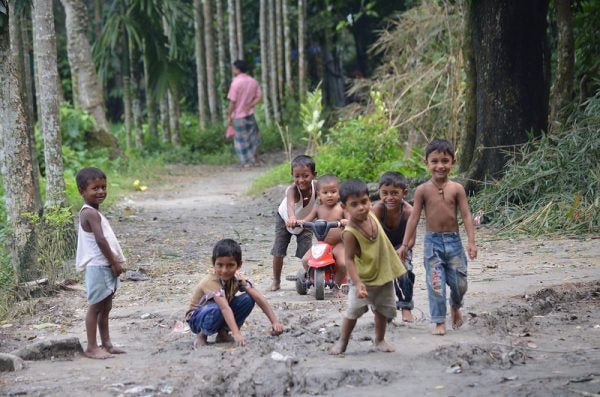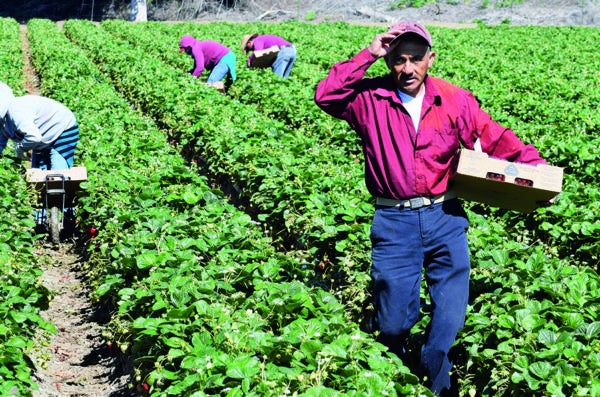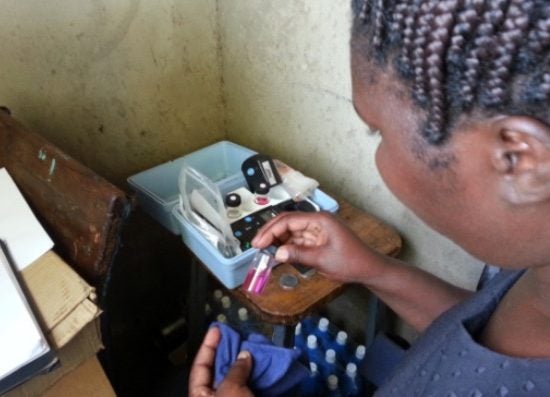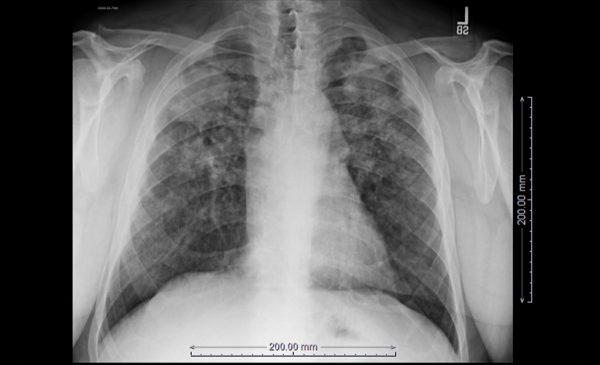The PhD concentration in Occupational and Environmental Epidemiology trains graduates to be highly successful in conducting research and research related activities (e.g. surveillance, risk assessment and policymaking) in academia, government, not-for-profit organizations, and industry.
All applicants will automatically be considered for a traineeship that includes a tuition waiver, a stipend and a generous travel allowance. The traineeship offers training in epidemiology, biostatistics, exposure assessment, industrial hygiene, risk assessment and toxicology, as well as mentored research with a formal thesis/dissertation requirement. Trainees interact frequently with trainees in industrial hygiene, occupational medicine and occupational safety through interdisciplinary activities that include our weekly seminar, industrial process tours and their required coursework in SPH's division of environmental and occupational health sciences. Additionally, our informal monthly occupational and environmental epidemiology discussion group is open to all NIOSH trainees at SPH and other students with occupational and environmental epidemiology interests. These discussions provide an opportunity for students to present and critique current student research projects and foster in-depth discussions of current topics in occupational and environmental epidemiology. Learn more
Program contact information
Next information sessions
Faculty research
Coal miners and lung disease

SPH’s Kirsten Almberg, PhD, is investigating risks to coal miners for black lung disease even after employment has ended. Examining a sample of more than 3,000 former coal miners with an average of 22 years of experience, her research found more than three percent of miners with simple cases of black lung disease at initial diagnosis had progressed to radiographic progressive massive fibrosis within five years or less. The results stress the need for former miners to undergo regular medical surveillance, even if they have no prior history of black lung disease.
Fish intervention study

Mary Turyk, PhD and Susan Buchanan, MD, MPH ’03, are leading a study with people of Chinese, Korean or Vietnamese heritage who live in Chicago, testing an intervention to promote healthy seafood consumption. Participants receive a text message multiple times each week with reminders about health eating tips. Hair samples are taken at the beginning and conclusion of the study to monitor mercury consumption as well as intake of nutritional substances like Omega-3 fatty acids.
Arsenic exposures

In Bangladesh, more than 57 million people exposed to arsenic concentrations exceeding safe limits in their drinking water. Chronic exposure in adults leads to many adverse health outcomes, including cardiometabolic, respiratory, liver, kidney and neurodevelopmental diseases, as well as cancers. Maria Argos, PhD, is leading a National Institutes of Health study with early results showing that prenatal arsenic exposure is associated with adverse pregnancy outcomes. The overall goal is to inform future arsenic prevention and remediation interventions targeted to pregnant women, women of child-bearing age and children.
Persistent organic pollutants and diabetes

Diabetes currently affects 55.8 million people in the U.S., with prevalence in Hispanics particularly high at 11.8 percent. Several studies have shown significant associations of diabetes with persistent organic pollutants, but the reasoning for increased risk is unknown. Victoria Persky, PhD, and Mary Turyk, PhD, are leading a National Institutes of Health study of multiethnic Hispanics in four major U.S. cities to measure levels of persistent organic pollutants, as well as endogenous thyroid and steroid hormones and measures of inflammation that have been related to the exposures and/or diabetes.

Global health opportunities
SPH faculty, staff and students are collaborating to advance public health in 65 nations across the world. MS students develop global health research skills through SPH’s global health concentration. In particular, SPH coordinates dedicated programs in Kisumu, Kenya and Cuernavaca, Mexico that are sites for student experiences and faculty research.



